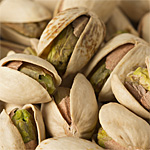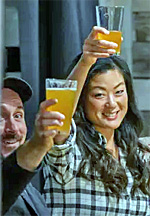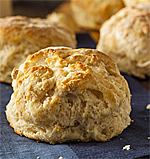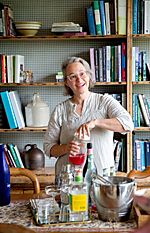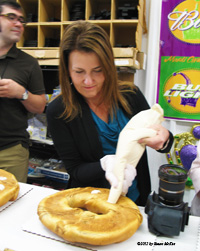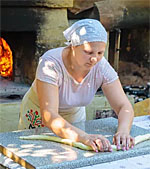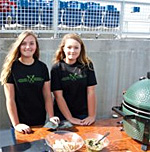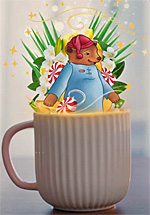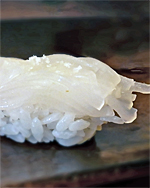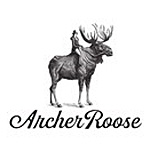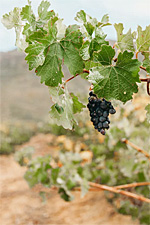Viktuals Market in Munich
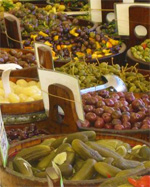 Special to Road Trips for Foodies
Special to Road Trips for Foodies
By the City of Munich, Germany
The Victuals Market, only a few steps from the Marienplatz, is Munich’s most popular open air market.
Over the years, the market has evolved from a farmers’ market to a popular market for fresh food and delicatessen — a walk across is a sensual revelation. It offers exotic ingredients that are not available anywhere else in the area, and is renowned for its diversity and size: 140 stalls and shops offering flowers and plants, fruits and vegetables, venison and fowl, eggs, butter, honey, fish, meat, sausages, herbs, spices, delicatessens, wine and tea are assembled on an area covering 22,000 square metres.
When the food market of the city had grown too large for its location in the central square of Marienplatz, King Maximilian I issued a decree in 1807 to have it moved a few metres to the south-east, to the square between Heiliggeist-Kirche and Frauenstraße. Charity buildings that had once belonged to the church were demolished to make way for the market square or “Markplatz”, which only much later came to be known as “Viktualienmarkt” or victuals market.
As soon as 1823 the market had to be enlarged again, and over the years a number of market halls were added: Schrannenhalle, the precursor to today’s “Großmarkthalle” or Great Market Hall, which burnt down in 1932, a butchers’ hall, fish hall, pavilions for bakeries and fruit vendors, stands for fowl and venison and flower shops were added. After WWII the market place was revived by the city administration and the citizens of Munich enriched it with memorial wells for folk singers and comedians such as Karl Valentin, Weiß Ferdl and Liesl Karlstadt.
Water has always played an important role on the market square. In the old days, seven brooks, which were connected to the river Isar, flowed across the square.
The Maypole in the centre carries figurettes displaying the trades and crafts of this part of Munich. Maypoles date from the ages of general illiteracy and served to represent a village or later, as in this case, a borough and its trades to traveling salesmen or traveling craftsmen looking for a new master to learn from. Maypoles are common to Celtic countries and therefore also to Bavaria; they are also known, for example, in some parts of England.
During the following hours, all stalls and shops are open. Some open earlier, some close later – depending on the individual shop: Monday to Friday 10 a.m. to 6 p.m. and Saturday 10 a.m. to 3 p.m.
For more on Munich, go online.
(Photo courtesy of the City of Munich)


